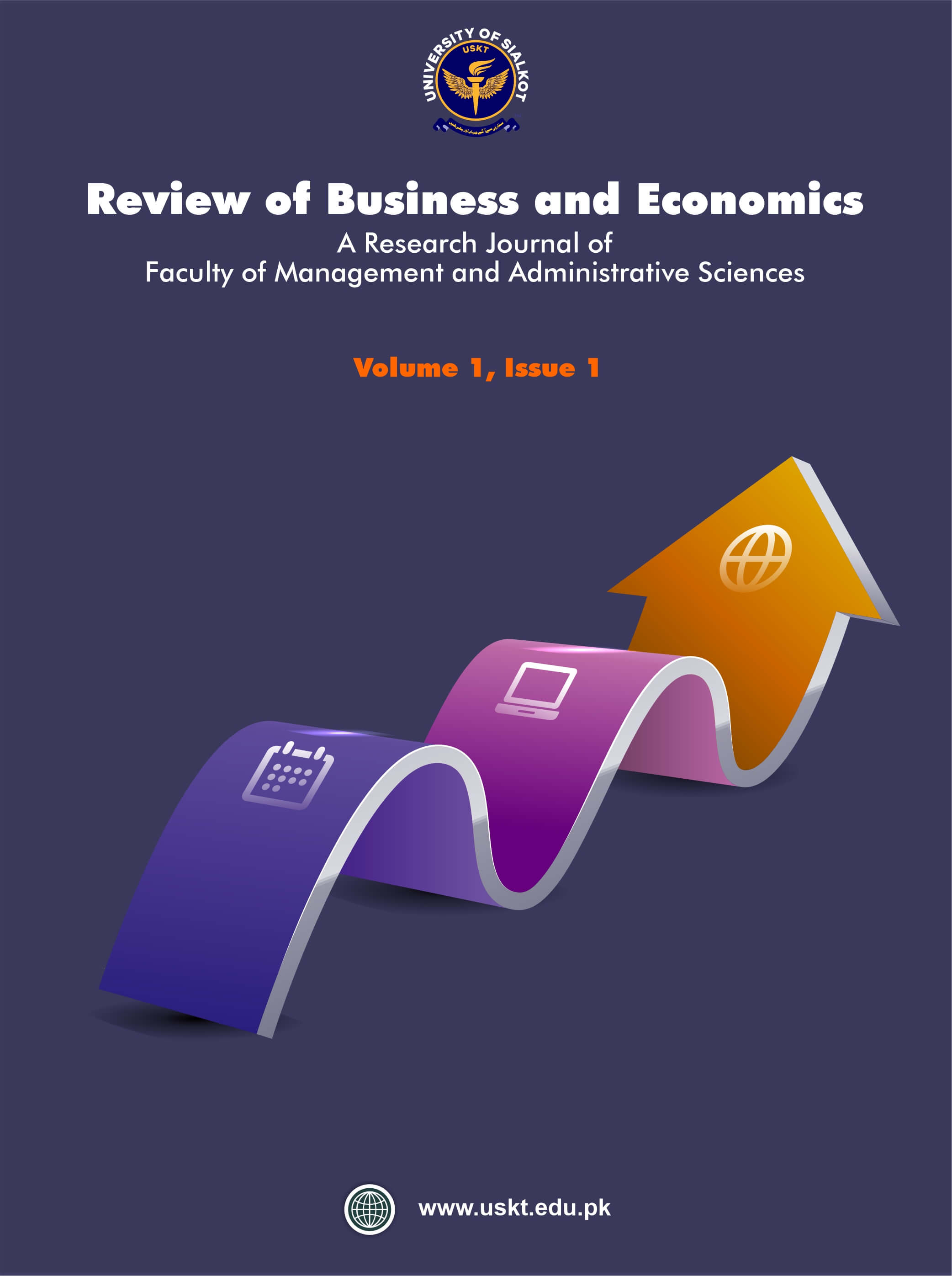
A Study of Barriers to E-Commerce Adoption among SMEs in Malaysia
Authors: Saif Ur Rehman
The purpose of this study is to examine the barriers that SMEs are experiencing when confronted with the need to implement e-commerce to sustain their competitiveness. E-commerce is the medium that leads to economic growth of a country. Small and Medium Enterprises (SMEs) play an important role in contributing to the Gross Domestic Product and reducing the unemployment. However, there are some specific factors that inhibit the implementation of e-commerce among SMEs. A questionnaire approach was employed in this study and 160 questionnaires have been distributed but only 91usable questionnaires have been collected from SMEs. Literature found that main barriers to e-commerce adoption among SMEs are organizational barriers, financial barriers, technical barriers, legal and regulatory barriers, and behavioral barriers. It infer that all these barriers carried an average influence on e-commerce adoption. The most important factor barriers of e-commerce adoption are legal and regulatory barriers followed by technical barriers, whereas lack of internet security is the highest barrier factor that inhibits the implementation of e-commerce in SMEs followed by the requirement to undertake additional training and skill development. This paper is useful for the management of SMEs in understanding and gaining insights into the real and potential barriers to e-commerce adoption. This can help the organization to design strategy in taking up barriers tactfully to its advantage.
